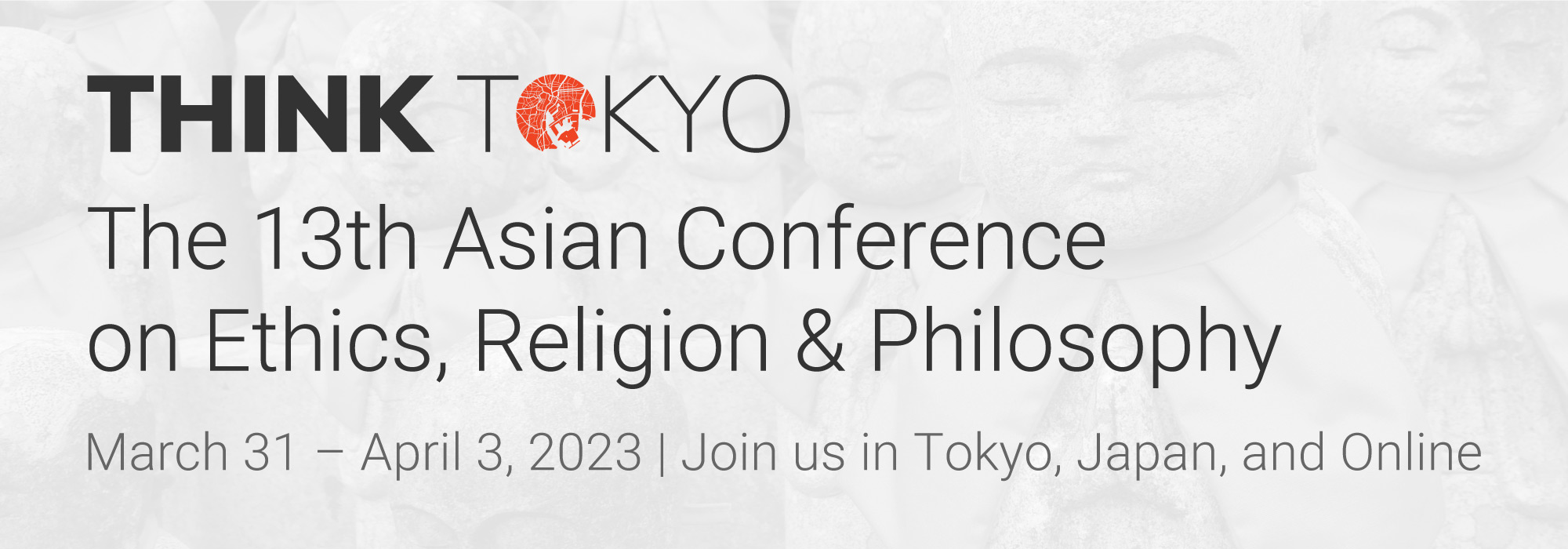Do Emotion Regulation Strategies of Cognitive Reappraisal and Expressive Suppression Differ in Advanced, Novice and Non-Practitioners of Yoga and Meditation? (69115)
Session Chair: Trusha Shanbhag
Monday, 3 April 2023 12:10
Session: Session 2
Room: Room A (Live Stream)
Presentation Type:Live-Stream Presentation
– click here to convert to your timezone
Recent yoga-meditation research has shown tremendous benefits in emotion regulation among practitioners. The present study aimed to experimentally measure the use of emotion regulation strategies among advanced, novice, and non-practitioners of yoga and meditation. 70 participants (20 men and 50 women; Mage = 37.58 years; SD = 7.45) with 25 in non-practitioner group (7 men and 18 women, Mage = 36.44 years; SD = 7.73), 23 in novice yoga–meditation practitioner group (6 men and 17 women; Mage = 37.30 years; SD = 7.25), and 22 in advanced yoga–meditation practitioner group (7 men and 15 women; Mage = 39.18 years; SD = 7.39) performed an experiment on the use of emotion regulation strategies via the Smartphone App, PsyEx, developed for the purpose of a larger study. The experiment had three conditions of baseline, cognitive reappraisal, and suppression. It used standardized emotion regulation instructions and required the participants to rate positive and negative pictures from a standardized dataset of the Geneva Affective Picture Database (GAPED) on valence and arousal. The results using One-Way ANOVA and post-hoc comparisons using Tukey’s test revealed that the advanced and novice yoga-meditation practitioners, compared to non-practitioners, used significantly higher cognitive reappraisal strategy and lesser suppression to regulate their emotions for negatively valenced pictures. The findings from the study have been discussed in light of existing research, which highlights the benefits of yoga and meditation by helping an individual regulate their emotions more effectively by greater use of adaptive emotion regulation strategy of cognitive reappraisal than suppression.
Authors:
Garima Rajan, FLAME University, India
Kamlesh Singh, IIT Delhi, India
About the Presenter(s)
Dr Garima Rajan is a University Assistant Professor/Lecturer at FLAME University, Pune, India in India
See this presentation on the full schedule – Monday Schedule





Comments
Powered by WP LinkPress